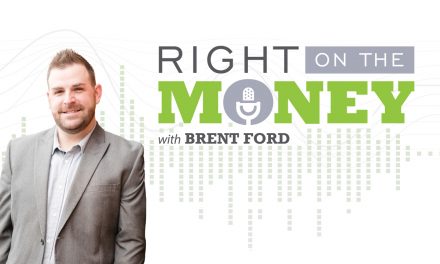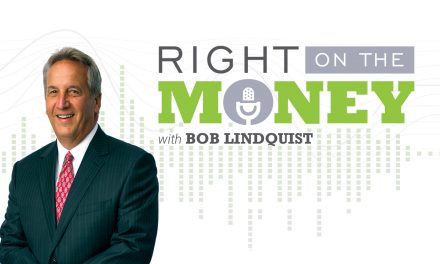Know Your Benefits and if They’re Taxed
Social Security was developed as an insurance program, not a welfare entitlement. The history of Social Security has several backdrops to it, including the Great Depression and World War II. But the idea of a state-run pension system was originally developed in Wihelmine Germany in 1889 during the reign of Otto von Bismarck. Social Security is the largest retirement plan in America, and for most, the only retirement plan they have.
Content: In 2015, a bipartisan Congress secretly pilfered the Social Security Trust Fund and transferred billions to prop up the depleted Disability Insurance Trust Fund by changing two laws: file-and-suspend and restrictive application. These changes affect a majority of baby boomers near retirement.
Retirement planning is not a do-it-yourself activity. You need to engage a financial advisor who has real knowledge of the Social Security system to maximize your benefits. Qualifying for Social Security benefits seems easy enough to understand if you’re a W2 employee or self-employed taxpayer.
To qualify for Social Security, you need 40 quarters of wages subject to Social Security payroll taxes. That’s just 10 working years, which seems like a low entry point into the program. But Social Security benefits are based on the average of the highest 35 years of earnings. That’s the real number, a number you need to become acquainted with.
There are several life scenarios you have experienced that may motivate you to work longer to achieve a better average of the highest 35 years of earnings. Perhaps when you were younger, you worked a low-paying job for years or there were years where you earned little to nothing. Those periods of low or no earnings can drag down your average and negatively impact your lifetime benefits. If you’re living on your investment portfolio, investment income is not counted as wages. If fact, capital gains, government benefits, inheritances and annuity or pension income are not characterized as wages and are not eligible for payroll taxes. Watch the interview with investment advisor representative Dan Stockemer addressing Social Security.
The qualified retirement plan quandary propagates the theory that during your golden years, you’re in a lower tax bracket than your working years. There is a growing movement among economists tax brackets will remain equal or experience an increase due to government deficits. But even if your ordinary income tax bracket is lower when qualified plan income is distributed, it will be used to calculate whether your Social Security benefits are taxed as well. The complexities of the provisional income test can be mind numbing, and it only gets worse when you have to compute taxation on Social Security benefits.
Syndicated financial columnist Steve Savant interviews investment advisor representative Dan Stockemer on money topics that need addressing.




